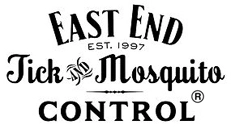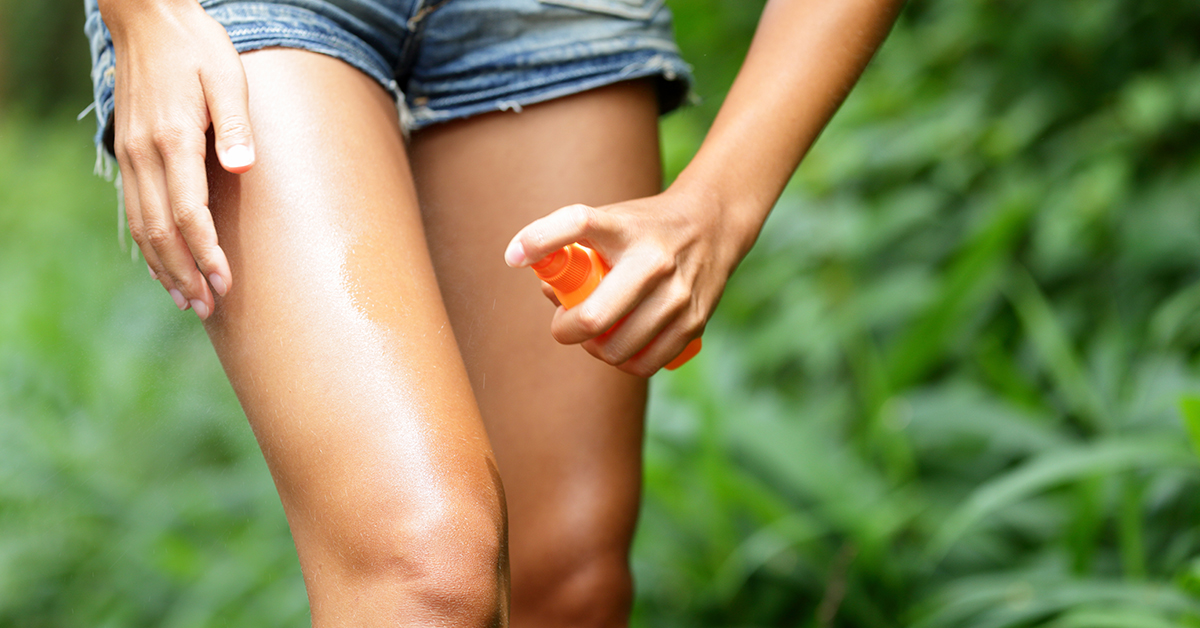Summer is almost here, and that means spending more time outdoors. More outdoor time means more exposure to mosquitoes, ticks, and other biting insects. With the risk of pest-borne illnesses on the rise, we all want to choose the best possible product to repel the ticks and mosquitoes that spread them.
Is There Anything Better Than DEET?
DEET has been the industry standard insect repellent for nearly three quarters of a century. Developed by the U.S. Army in the wake of WWII, DEET is the world’s most commonly used insect repellent. In recent decades, it has found a close competitor in permethrin.
Permethrin is a potent, broad-spectrum pesticide and repellent that targets multiple species of insects – including mosquitoes, ticks, roaches, fleas, and flies. When used as a sprayed pesticide, permethrin overstimulates the insect’s nervous system and causes it to die. As a repellent, it is typically applied to clothing and other outdoor gear to repel insects for up to two weeks… even after laundering.
Is Permethrin a Recognized Insect Repellent?
Permethrin is approved by the Environmental Protection Agency (EPA) for a variety of pest control uses. Permethrin is approved for use in public health mosquito abatement, agricultural pest control, transportation, residential and business pest control, and for personal use in homes, yards, and on clothing. A pharmaceutical form of permethrin is approved for the treatment of lice and scabies.
Does Permethrin Work to Repel Mosquitoes?
Permethrin is one of the most commonly deployed weapons in the war on mosquitoes. It is used by state or local agencies conducting truck and airborne spraying programs as well as by professional pest control companies. It is the primary active ingredient in countless over-the-counter mosquito sprays. Permethrin spraying creates ultrafine droplets that linger in the air long enough for mosquitoes to come into contact with them.
Is Permethrin Safe for Humans?
According to the EPA, permethrin is non-toxic to moderately toxic. When used as directed, permethrin is safe for most people. The amount of permethrin used for public health mosquito control and in over-the-counter products is far below the threshold that is considered harmful to humans.
Those with sensitivities to permethrin may experience eye, nose, throat, and skin irritation. At significantly higher than recommended levels, some individuals may experience shortness of breath or other respiratory reactions, as well as nausea, vomiting, headaches, dizziness, and loss of consciousness.
Follow all instructions when using permethrin on or around pets. It is generally safe for use around dogs, but cats should not be exposed to permethrin until it has fully dried. Do not use permethrin near fish and other aquatic animals.
Where Should You Not Apply Permethrin?
Permethrin should not be applied directly to the skin; it is only for use on clothing and outdoor gear. When applying permethrin to clothing, there are some basic guidelines to follow:
- Read and follow the manufacturer’s instructions.
- Spray clothing outdoors, never indoors or in other enclosed areas.
- Do not spray clothing while you are wearing it.
- Use permethrin only on outer layers of clothing.
- Do not treat undergarments with permethrin.
- Allow clothing to dry completely before wearing.
- Do not spray permethrin where cats are present (treated clothing is cat-safe once it has dried).
Can You Use Permethrin and DEET Together?
Because permethrin should not be used directly on the skin, it cannot give full protection from biting and feeding insects… exposed areas like the neck, hands, legs, and arms are still vulnerable. Not only can you use permethrin and DEET (or similar repellent) together, but we also actually recommend it. When using these products, be sure to use both products as directed as overexposure to either can cause adverse reactions.
Remember that permethrin, DEET, and other repellents greatly decrease the possibility of being bitten by mosquitoes and ticks – but they do not completely remove the risk. Be aware of your surroundings, avoid mosquito and tick encounters when possible, and be sure to do a tick check every time you come indoors after visiting an area where ticks may be present.
We are Your Ally in the Fight Against Mosquitoes and Ticks
While you are out in nature, protect yourself from bites… and when you’re at home, let East End Tick & Mosquito Control® combat pests on your property and in your home. We offer a wide array of treatments for both mosquitoes and ticks – and have over 20 years of experience of keeping East End homes mosquito- and tick-free. For a complimentary estimate, visit us online or call (631) 324-9700 in East Hampton; (631) 287-9700 in Southampton; or (631) 654-9700 in Southold. We look forward to hearing from you!


